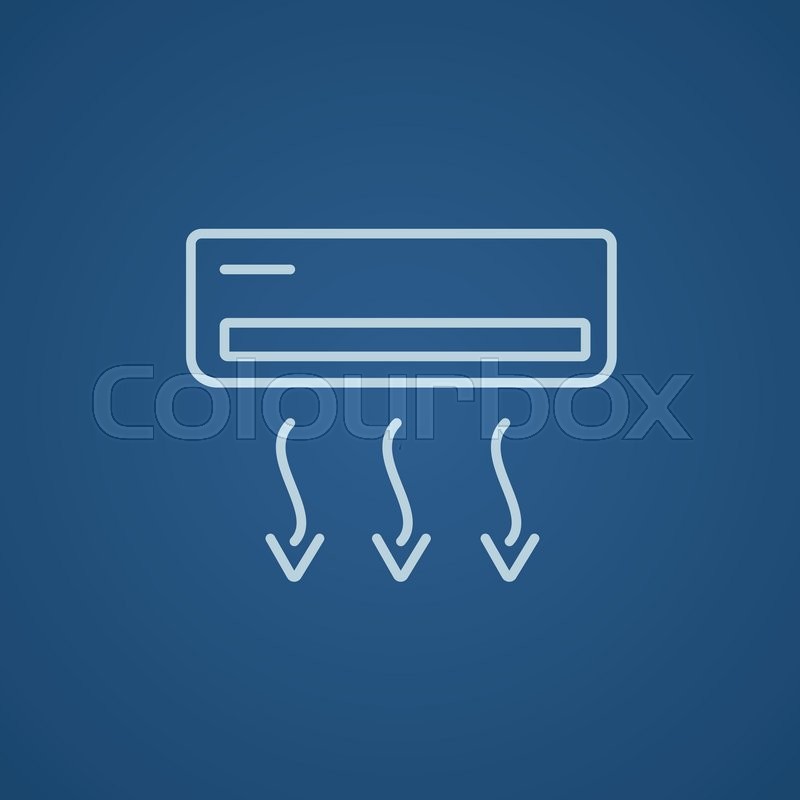The Future Of Home Home Heating - Exactly How Heat Pump Technology Is Evolving
The Future Of Home Home Heating - Exactly How Heat Pump Technology Is Evolving
Blog Article
Web Content Writer-Marshall Goff
Heatpump will certainly be a crucial technology for decarbonising home heating. In a circumstance consistent with governments' revealed energy and climate commitments, their international ability increases by 2030, while their share in heating rises to one-quarter.
They work best in well-insulated homes and depend on electrical power, which can be supplied from an eco-friendly power grid. Technological developments are making them a lot more reliable, smarter and more affordable.
Gas Cells
Heatpump use a compressor, cooling agent, coils and followers to move the air and warmth in homes and appliances. They can be powered by solar power or electrical power from the grid. They have actually been gaining popularity because of their low cost, silent operation and the capability to create electricity during peak power demand.
Some firms, like IdaTech and BG MicroGen, are servicing gas cells for home heating. These microgenerators can replace a gas boiler and create some of a house's electrical requirements with a connection to the electrical power grid for the remainder.
But there are reasons to be cynical of using hydrogen for home heating, Rosenow claims. It would be costly and inefficient contrasted to other technologies, and it would contribute to carbon exhausts.
Smart and Connected Technologies
Smart home modern technology enables house owners to attach and control their gadgets from another location with the use of smartphone apps. As an example, clever thermostats can discover your heating preferences and immediately adapt to enhance energy intake. Smart lighting systems can be managed with voice commands and immediately turn off lights when you leave the area, lowering energy waste. And smart plugs can monitor and handle your electrical use, permitting you to identify and limit energy-hungry appliances.
The tech-savvy home depicted in Carina's meeting is a good picture of just how passengers reconfigure room heating practices in the light of brand-new clever home modern technologies. They rely upon the devices' automatic attributes to accomplish everyday changes and regard them as a hassle-free ways of performing their heating methods. Because of this, they see no reason to adjust their methods further in order to allow adaptability in their home energy need, and treatments aiming at doing so may encounter resistance from these homes.
Electricity
Given that heating homes represent 13% people emissions, a switch to cleaner options can make a huge difference. But the technology faces difficulties: It's costly and calls for comprehensive home restorations. And it's not constantly compatible with renewable energy sources, such as solar and wind.
Until lately, electrical heat pumps were as well expensive to compete with gas versions in most markets. However simply click the next website page -new developments in design and materials are making them extra cost effective. And much better chilly environment performance is enabling them to work well even in subzero temperature levels.
The next action in decarbonising heating may be the use of warm networks, which draw heat from a central source, such as a neighboring river or sea inlet, and distribute it to a network of homes or buildings. That would minimize carbon emissions and enable families to benefit from renewable resource, such as green electricity from a grid supplied by renewables. This choice would be much less expensive than changing to hydrogen, a fossil fuel that requires new framework and would only lower carbon dioxide exhausts by 5 percent if coupled with improved home insulation.
Renewable Energy
As power rates go down, we're beginning to see the exact same fad in home heating that has actually driven electrical autos into the mainstream-- however at an even quicker speed. The solid climate case for impressive homes has actually been pressed better by new research study.
Renewables account for a substantial share of modern-day heat usage, but have actually been provided minimal plan interest around the world compared to various other end-use sectors-- and also less interest than electricity has. Partially, this reflects a mix of customer inertia, divided motivations and, in several countries, subsidies for fossil fuels.
New technologies can make the shift easier. For instance, heat pumps can be made much more power reliable by changing old R-22 cooling agents with brand-new ones that don't have the high GWPs of their precursors. https://www.cnet.com/home/energy-and-utilities/high-electric-bills-one-small-change-to-slash-the-cost/ imagine district systems that draw heat from a neighboring river or sea inlet, like a Norwegian arm. The warm water can after that be used for cooling and heating in a neighborhood.